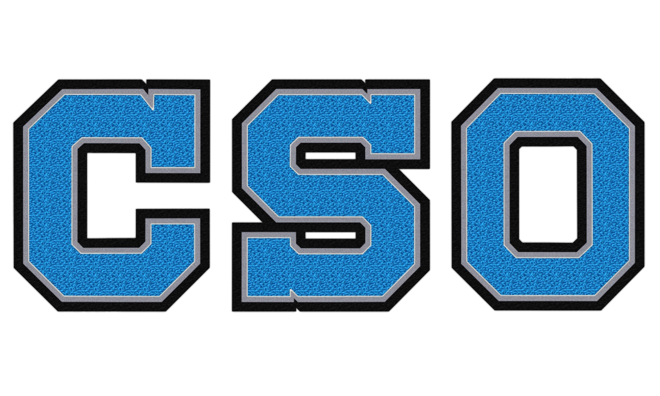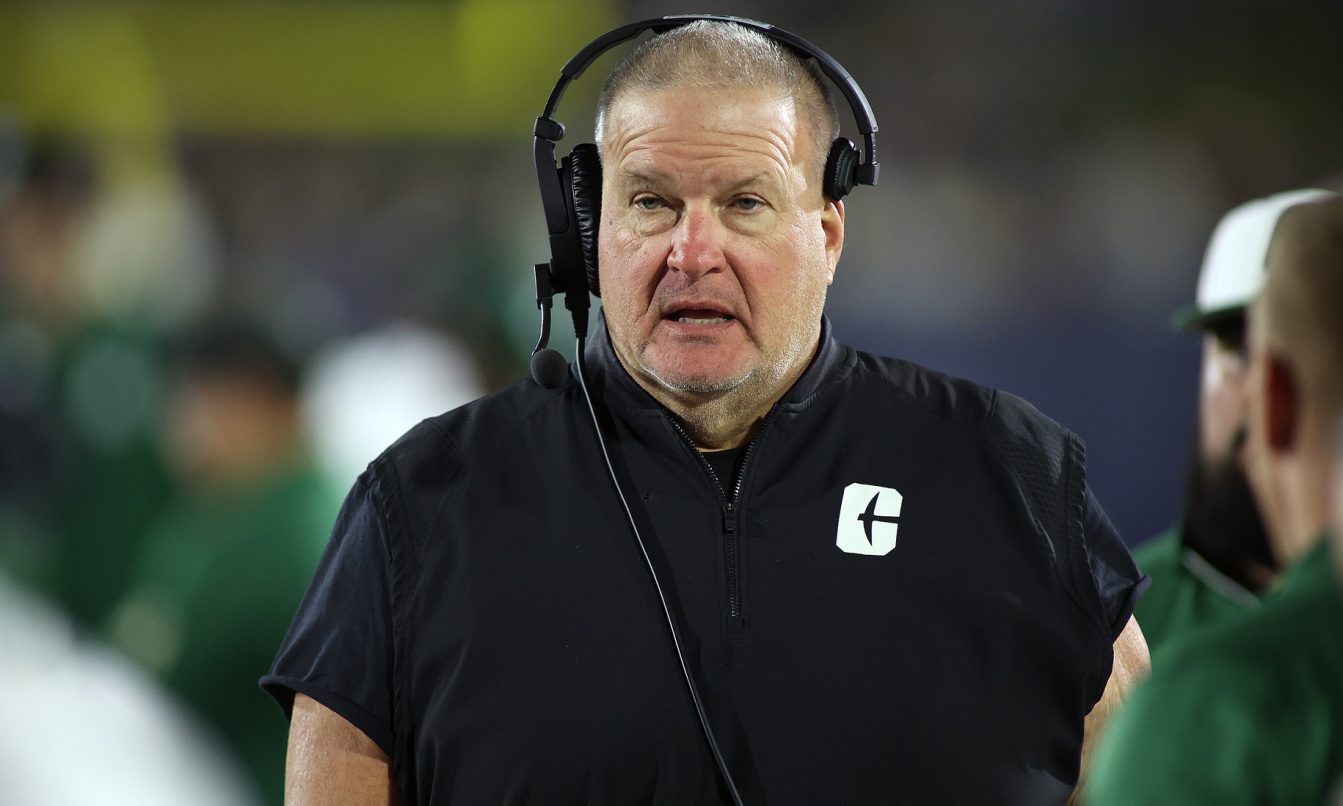For the first time since the 1987 season, longtime head coach Jimbo Fisher has not been employed in college football.
Starting with an assistant coaching stint at Samford, his alma mater, Fisher worked his way up at various jobs nationwide. From 2000-06, he was Nick Saban’s offensive coordinator with the LSU Tigers. Then, Saban went to the NFL to coach the Miami Dolphins. Fisher joined Bobby Bowden’s staff as Florida State’s offensive coordinator, eventually replacing the legendary head coach after his 2009 retirement.
Fisher’s time at Florida State was a great success. The Seminoles went 83-23 under Fisher. That record includes a 2012 season that saw them go 14-0 and win the BCS National Championship. From 2018-23, Fisher coached Texas A&M to a 45-25 record, never making an SEC Championship.
Since he parted ways with A&M, Fisher hasn’t been in the news often. That changed this week, though, when he appeared on College Sports on SiriusXM. The longtime coach sounded off on what he thinks are the biggest issues in college football right now.
“College football is — I complain about it, it’s still the greatest game. As much as I love NFL, and I’m crazy about it, and I respect it, but college football, man, you don’t know — 18, 22 teams, you don’t know what you’re going to get. I mean, it’s still so — I love college basketball, all those things, I love all college sports, but college football man, we need a commissioner. We need revenue sharing. We need a salary cap, for all schools, and if you’re caught — and the other part of this, the tampering that other schools do with players, is utterly ridiculous,” Fisher said via On3.
Fisher then expanded on his point, saying that the system is very slanted towards big schools.
“I mean, the big schools are going and getting players constantly from other schools, and it’s being done illegally. Those guys are developing players, and all of a sudden their guys, you know, that team shouldn’t have an advantage, financially, to be able to take care of a guy that another school doesn’t, and it’s wrong… I thought, really, when NIL came in, we thought it would be good, because some of this — there were teams that were doing NIL before NIL was popular, okay? … I thought NIL would at least make it fair, take the cheating out of ball. It’s made it worse.”
[On3]







